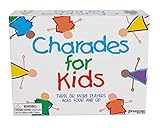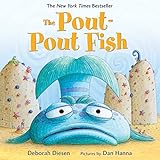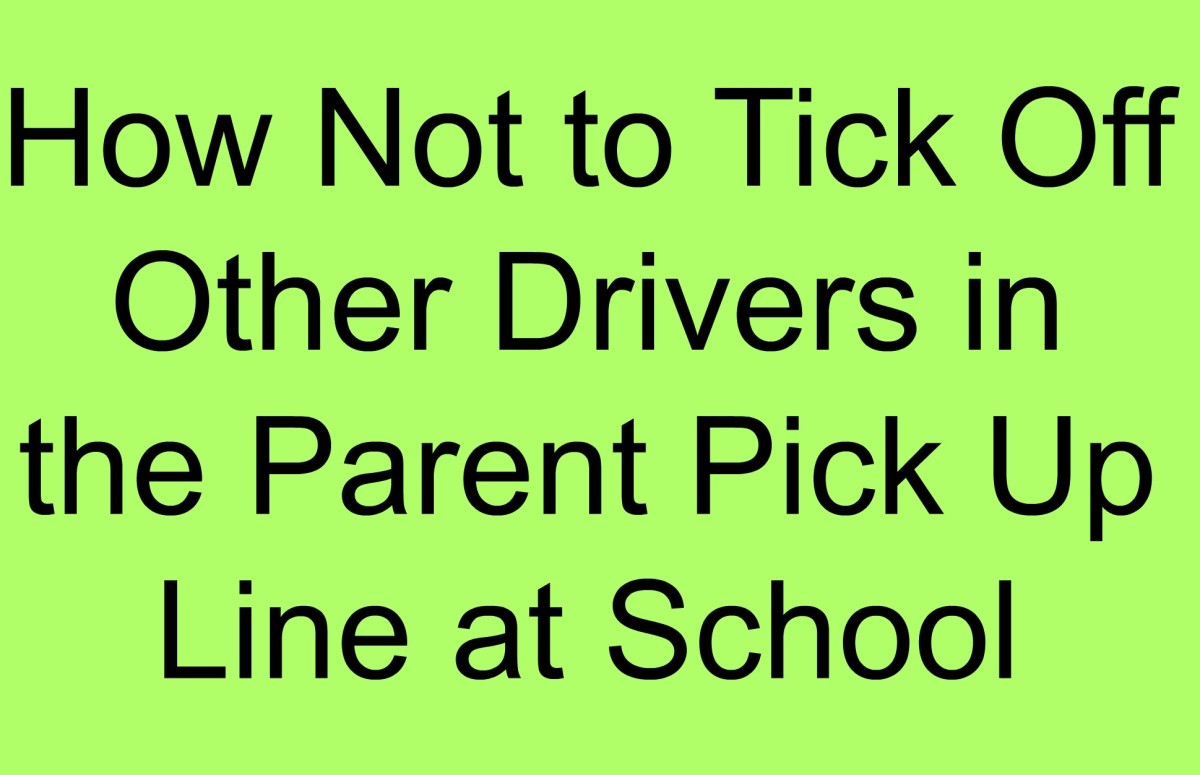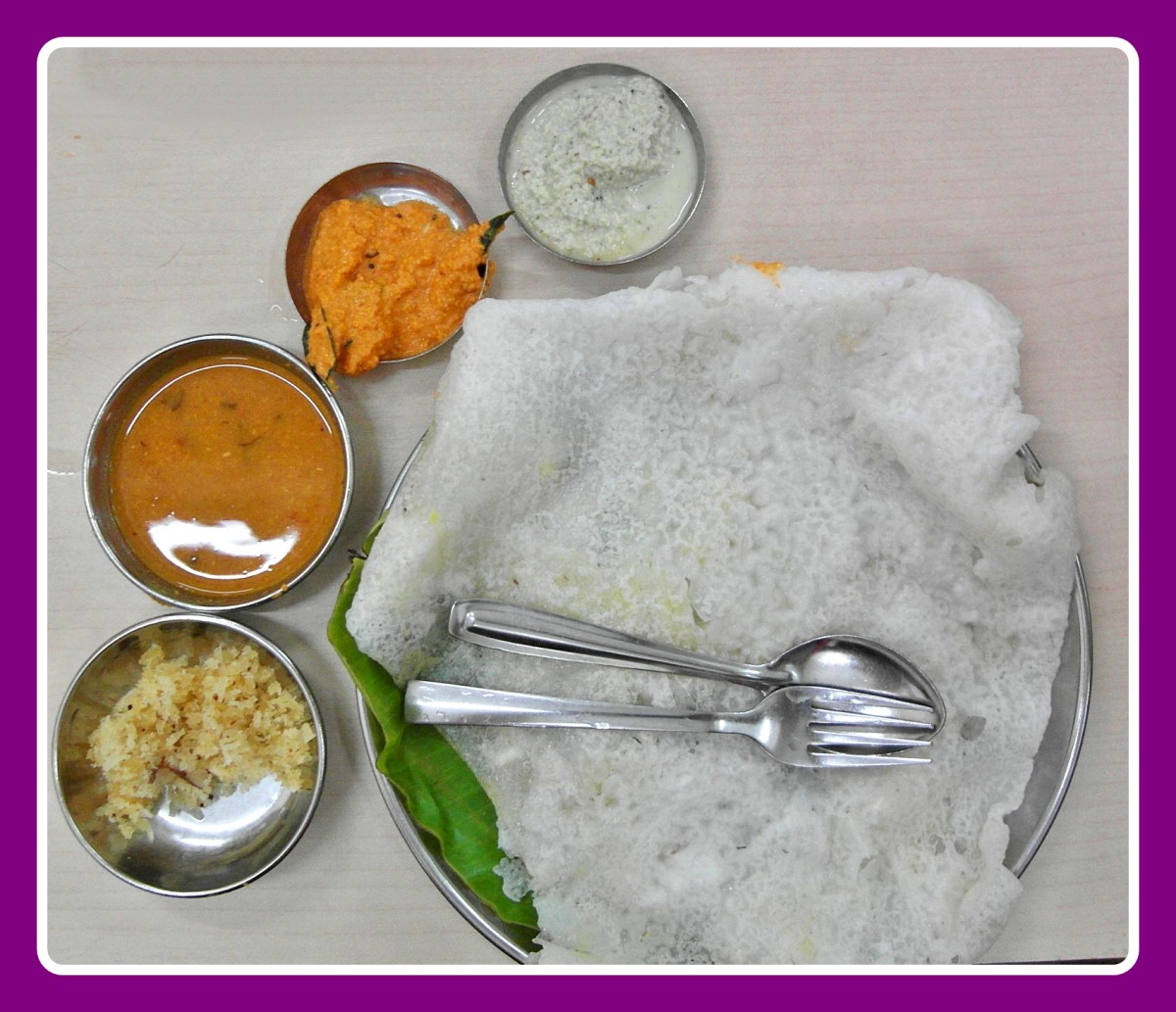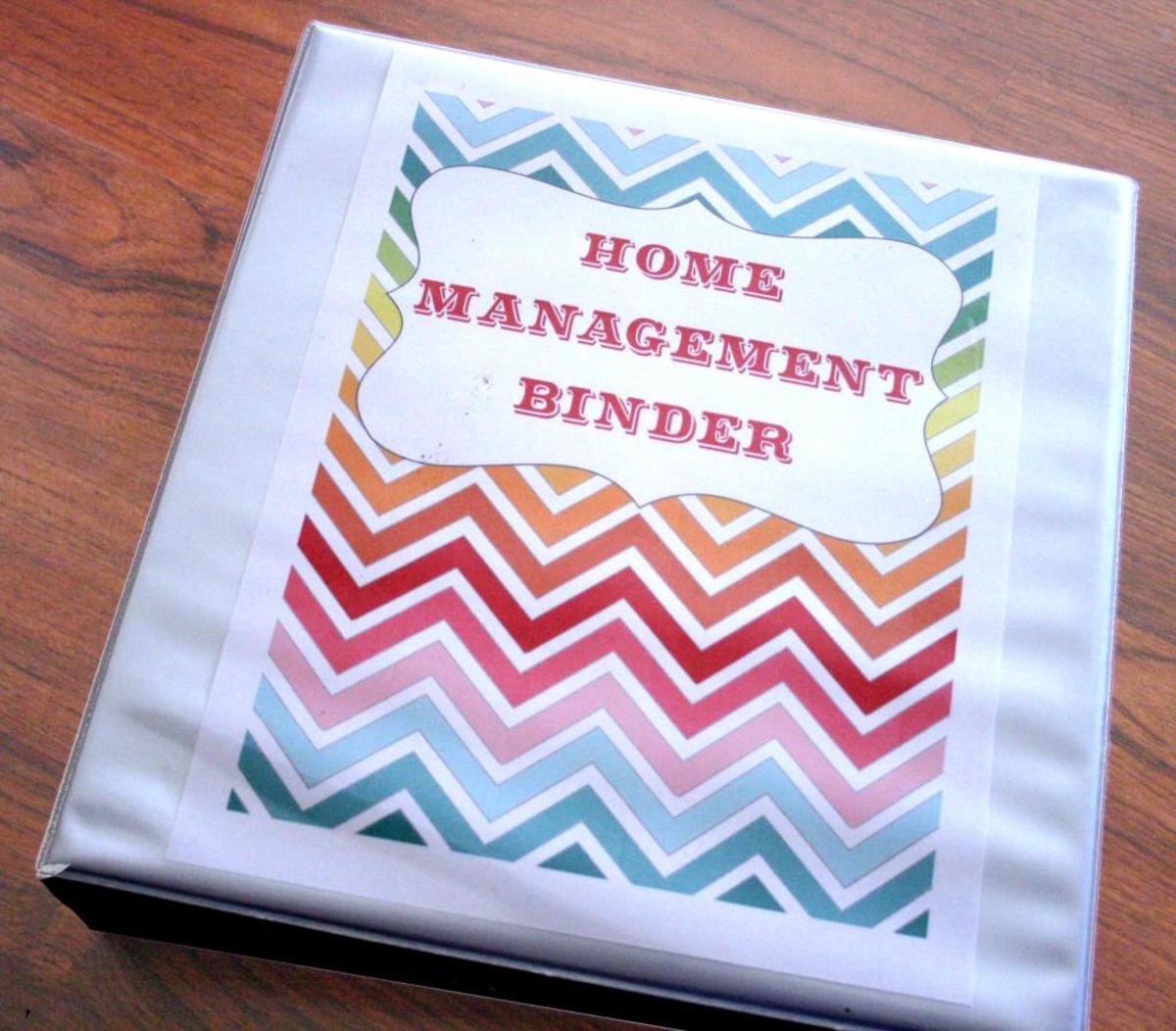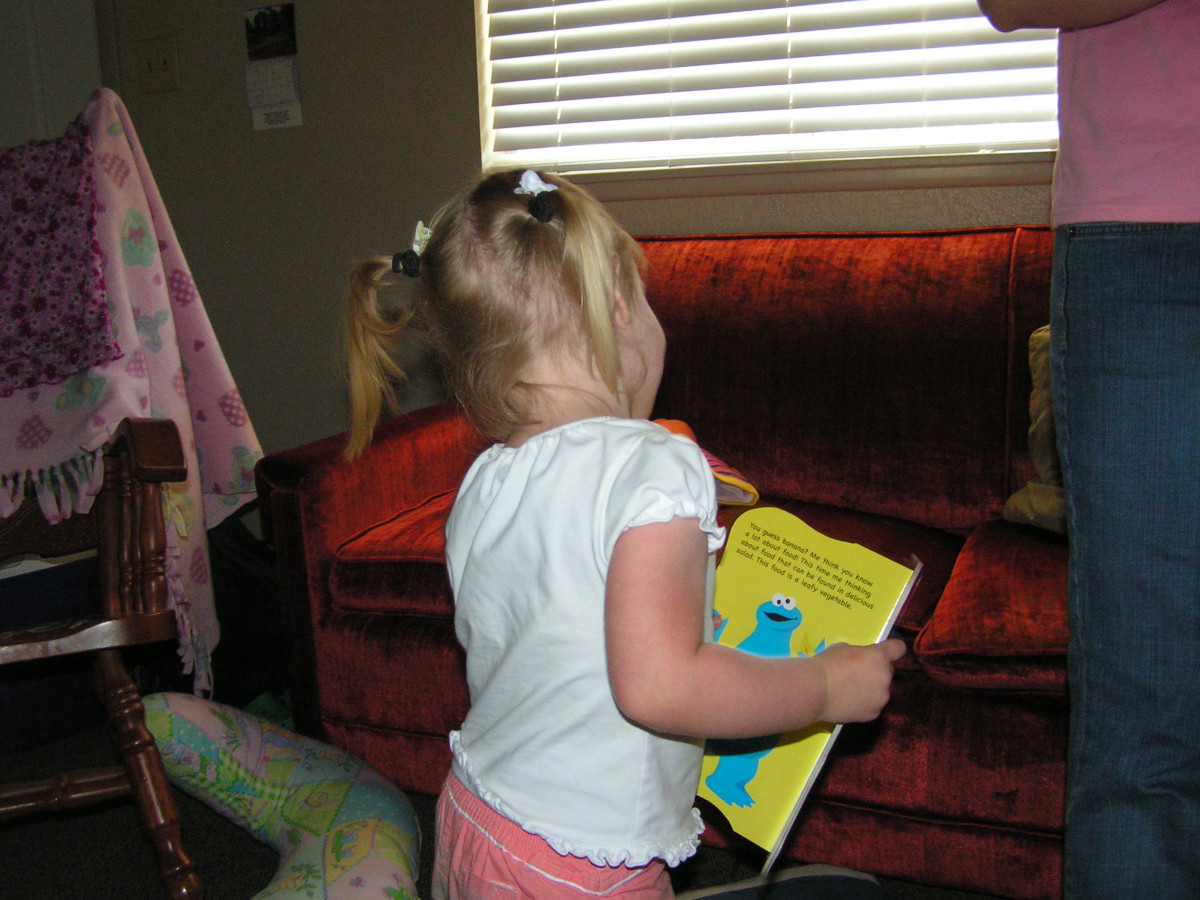How to Use Simple Rules to Help Kids Obey
Getting children to obey their parents is often overwhelming. Misbehavior and disobedience are common frustrations among parents today. As parents, we all want the same thing. We all want our kids to be good and well behaved, happy, respectful, and polite. What can moms and dads do to help their kids mind? What can parents to help kids obey?
Obedience really isn’t easy for anyone. When you’re told to do one thing, but really want to do another, our natural instinct is to rebel. It’s difficult for adult, and it’s even much more difficult for kinds to mind. Obeying is hard for children, especially when they don’t agree, don’t understand why, or have a strong desire to do the opposite.
When my children were young, they were no different. My telling them “no” or “don’t” or “do this” would often end in an argument or debate. I couldn’t bring myself to parent with an iron fist where my “no” meant “no”. Instead, I would find myself reasoning and cajoling or bribing and threatening. No matter what, I ended up angry and frustrated.

One day, however, I learned a new trick. One simple sentence suddenly made all the arguing and debating disappear. I no longer had to bribe or threaten. I no longer ended up angry or frustrated. This one simple sentence even made obedience easier for my kids. I came up with it quite by accident, but it proved to be very useful through the preschool and early elementary ages.
When giving an instruction and hearing “no” or “why” in response, I learned to simply say, “Because it’s the rules.”
Telling an adult they have to comply to a rule doesn’t fly. We’ve learned to push the envelope and question authority. A preschooler, however, is a little more impressionable. To them, a rule is a rule. Rules are not made to be broken. Rules cannot be argued against. Rules are even bigger and more important than mommy. It didn’t matter to them that I’m the one who made the rule. The rule was the rule and it must be obeyed.
For the good of everyone, I began to tell them the rules for every place we needed to go. I kept them simple, I kept them short, and I made them memorable. For example, the library had its own set of rules. I began with, “You must use your indoor voice, and when Mom says it’s time to go, then it’s time to go.” Simple enough. Then whenever we would load up the car to go to the library, I would call out, “What are the library rules?” And they would repeat them proudly. My daughter even added one to the list declaring that “no chewing gum” was a library rule. I thought it was a good one, so we kept it with the others.
Having rules for everywhere we went proved to be the best method for me in getting them to behave. We had a short simple set of rules for the park, the grocery store, restaurants, and gift shops. Going over the rules beforehand helped to reinforce them and encourage them to obey. The best part of all was that I was able to go places with well behaved children!
Through all of this, I learned that kids need to know what is expected of them. They want to do the right thing and please you. By establishing rules, I was able to set boundaries for them so they could learn those expectations.
While this approach works best for young children, I have found that those rules helped my kids learn to set their own boundaries as they grew. Knowing what was expected of them as young children helped them to understand their expectations as they passed into each new phase of adolescence. The rules have changed as they’ve gotten older, but their respect for authority and obedience has not.

If you have young children, why not give that one little sentence a try? See if that helps to minimize the arguing and pleading. Here are three simple rules for setting rules:
Keep them short. Our grocery store rules were:
- Don’t stand in the cart.
- Don’t ask mom for anything.
- We only buy what’s on the list.
My preschoolers couldn’t actually read my list, so they wouldn’t know when I deviated from it. Once my youngest lamented, “Will Cheetos ever be on the list?” She had no idea that I’m the one who wrote the grocery list each week!
Keep them simple. Just like our library rules:
- You must use your indoor voice.
- When Mom says it’s time to go, then it’s time to go.
- (Added by my daughter) No chewing gum.
Keeping them simple means they can recite them easily. They should be simple enough that they can add to them without over complicating them.
Keep them fun. Our rules for hiking were:
- Stay with mom or dad.
- Stay on the path.
- Don’t feed the bears.
The last one was given as the most important and serious and was always answered with a lot of giggles!
Here are a few other things to keep in mind when establishing rules for your young children:
- Reward good behavior. When rules are obeyed, be sure to encourage them with lots of praise and affection. Obedience takes a lot of self control. Make sure their efforts are noticed.
- Set consequences for when those rules are broken. Make sure they understand them ahead of time. What happens when you won’t leave when mom tells you it’s time to go? You won’t come back the next time; we won’t check out your library books; you’ll have a time out; or whatever. Set the consequence, and then be sure to follow through.
- Be as clear and to the point as you possibly can. Many time disobedience looks like rebellion, when in fact, it is a lack of clarity. Remember, our children want to do well. They want to please us. Make sure you are absolutely clear in your instructions. Create an environment for them where it’s easier to succeed and obey than it is to fail and misbehave.
- Be intentional. Good kids don’t just happen. You as the parent will have to make some conscious decisions and stick with them. Determine how your want your child to behave and then intentionally guide them toward that direction.
- Set a good example. Follow the rules set for you as an adult as well. (My deviating from my grocery list probably wasn’t setting the best example though!) Be sure your children see you abiding by age requirements at parks and restaurants. They are smart. They’ll notice if you disobey traffic laws and tell white lies to avoid paying extra fees. If you want your children to respect authority, then you’ll need to respect authority as well.
- Enjoy your kids! These years won’t last forever. Someday they’ll be teenagers with their own plans and goals. Use this time to mold them and instill within them your own family values and expectations.
Parenting is hard work! It can be exhausting and frustrating. Sometimes, however, it is the simple things that help the most. Try this little sentence. See if it can work for you! In the comment section below, let me know how it works or let me know what has worked for you. If you’ve found this hub helpful, please be sure to vote it up! Thanks for reading!


